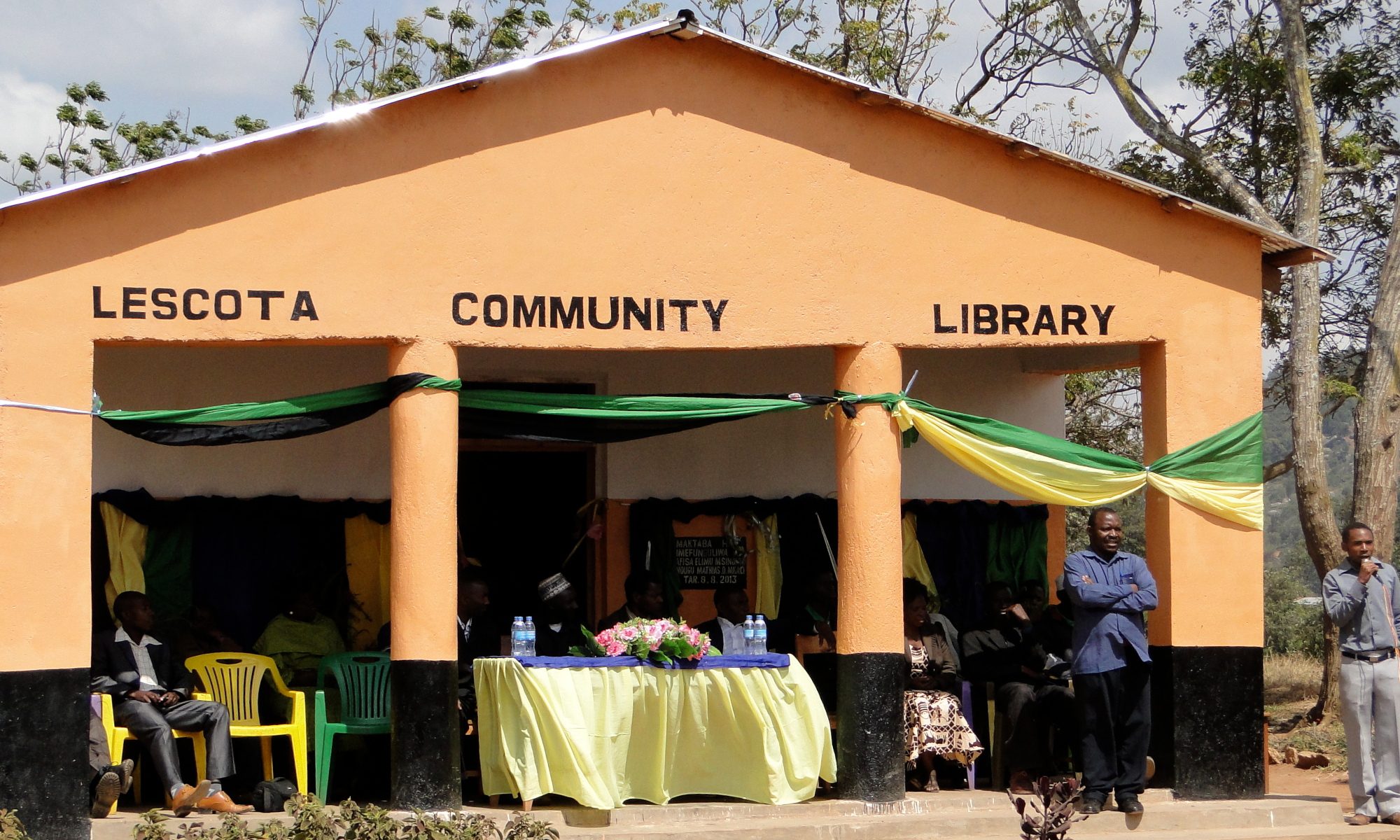Article: Tanzanians hope for better quality of local education
The Citizen: http://thecitizen.co.tz/newe.php?id=12935
This is an in-depth article examining the issues faced by the education sector in Tanzania, particularly in regards to its funding as part of the government’s budget, which is a low 18%, compared to 30% in neighboring Kenya, a country with a budget almost twice that of Tanzania and a population slightly lower than Tanzania’s.
There is also mention of the capitation grants needing to be increased. In my experience, the government-promised capitation grant of 20,000 Tshs per student at the secondary level often, in reality, would only average about 9,000 Tshs per student and even that would come in September or October, near the end of the school year, leaving the school to rely on fees collected from students (20,000 Tshs per year).
School fees in Tanzania were reduced from 40,000 Tshs to 20,000 Tshs in 2004 leading up to the 2005 elections, with the government promising to make up the difference. A promise that it has not been able to keep, especially with the explosive growth in the number of secondary schools opened under the Secondary Education Development Plan (SEDP). The result has been that schools that were already under-funded have now even more limited resources.

